The NCAA announced new revelations in its widespread gambling probe ensnaring players at Division I men’s college basketball programs nationwide.
On Friday, the NCAA alleged six former men’s basketball players at three separate universities committed infractions that “involved betting-related game manipulation and/or student-athletes providing information to known bettors.”
They involved former University of New Orleans men’s basketball players Cedquavious Hunter, Dyquavian Short and Jamond Vincent; Mississippi Valley’s Donovan Sanders and Alvin Stredic; and Arizona State’s Chatton “BJ” Freeman. The NCAA said the cases are not directly related.
All six players have been banned, the NCAA said, and none are currently enrolled at their former schools.
The news comes on the heels of the NBA sports betting scandals that resulted in dozens of federal indictments involving current and former NBA players. The U.S. Attorney’s Office for the Eastern District of Pennsylvania is reportedly running an NCAA probe. Two of the people indicted in those probes—Shane Hennen and Marves Fairley—were also involved in betting on college basketball, reports suggest.
According to NCAA rules, athletes currently cannot bet on any college sports; the question of whether college athletes can bet on pro sports is currently in flux. But these infractions cases go far beyond just placing bets—they involve sharing proprietary information and potentially manipulating on-court performance.
In the case of the three UNO players, Short texted known bettors that he and the other players were planning to “throw the game” on Dec. 28, 2024, the NCAA investigation revealed. Another player overheard the three athletes discussing it. Short and Hunter texted that they expected to receive $5,000.
The NCAA also found that on seven occasions, the three athletes “lost or attempted to lose by more points than the betting spread identified by sportsbook operators, in a conspiracy with outside bettors.” All three players, as well as player James White, were suspended in February; White was not named in the NCAA’s investigation. All players denied involvement, the NCAA said.
The NCAA first decided to look into Mississippi Valley after reports surfaced of the NBA scandal in February 2025. Stredic and Sanders at Mississippi Valley “knowingly provided information to a third party for the purposes of sports betting” during the 2024–25 season, the investigation found—Stredic allegedly did so on one occasion, while Sanders did twice. A men’s basketball player had also told NCAA investigators he overheard Sanders talking on the phone about throwing a game on Dec. 21, 2024; he later confirmed that Sanders and Stredic were asked to do so for a game on Jan. 6.
The NCAA reports did not name the bettors in either cases involving players at UNO or Mississippi Valley.
As for Freeman at Arizona State, the NCAA said it uncovered his violations when investigating a previous case involving Fresno State basketball player Mykell Robinson (who was found to have committed violations). Freeman provided proprietary information to Robinson in order to place bets on four occasions in November and December 2024 through “daily fantasy sports accounts,” the NCAA said. Freeman also gave information to his then-girlfriend, who placed bets on him.
The infractions are the latest findings in multiple probes the NCAA has launched into sports betting violations. The NCAA said in October that it has opened investigations into about 30 current and former players, and has previously named UNO, Mississippi Valley, and Arizona State as these players’ schools.
More infractions decisions are likely coming, as the NCAA has previously said it is also investigating potential violations involving players at Temple and North Carolina A&T. In addition, the NCAA told Front Office Sports this week that some of the schools they played at had not yet been named. Players are being investigated for their conduct while at Iona, Alabama State, Stony Brook, and Robert Morris, per multiple reports, and schools are holding players out of competition this season as a result.
The NCAA also previously named Eastern Michigan, though it released a report in October saying three Eastern Michigan men’s basketball players refused to cooperate with investigators—so the NCAA couldn’t determine if they had committed these violations. They had already exhausted their eligibility.
In September, the NCAA banned Fresno State’s Robinson, as well as former Fresno State player Jalen Weaver, and San Jose State men’s basketball player Steven Vasquez. Both had manipulated their performances and/or shared proprietary information to win money on bets, the NCAA said.
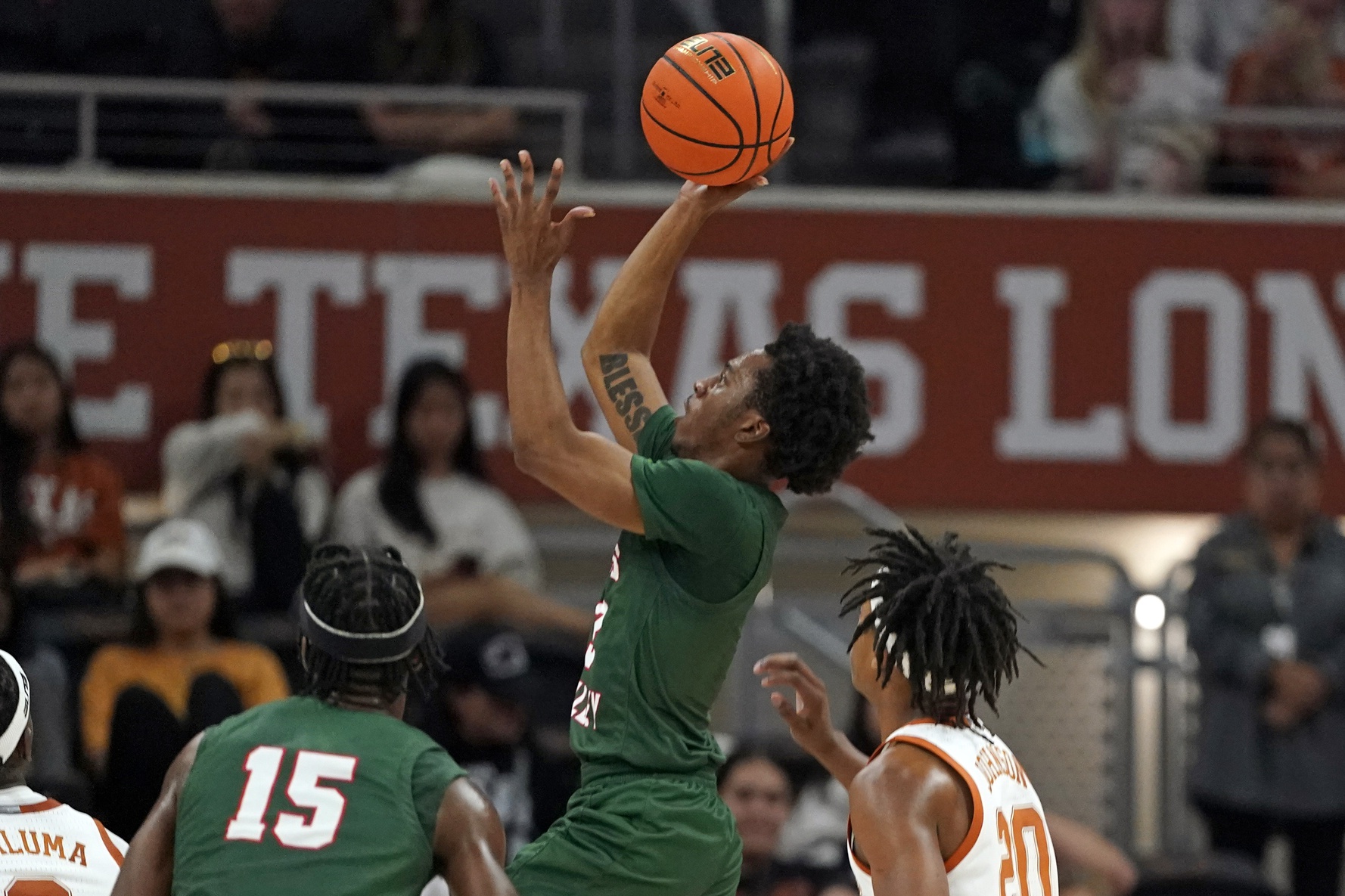
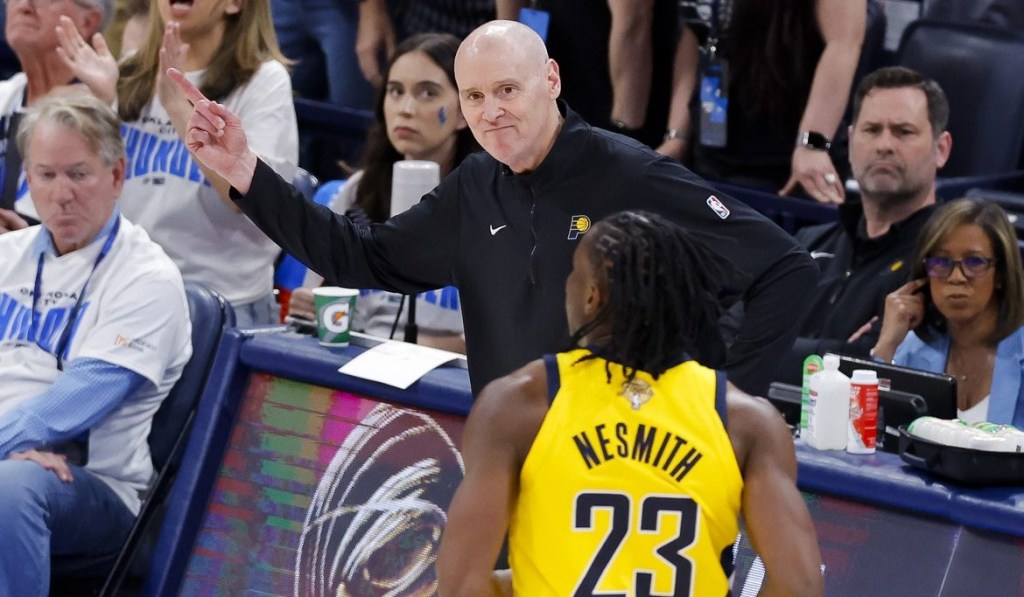
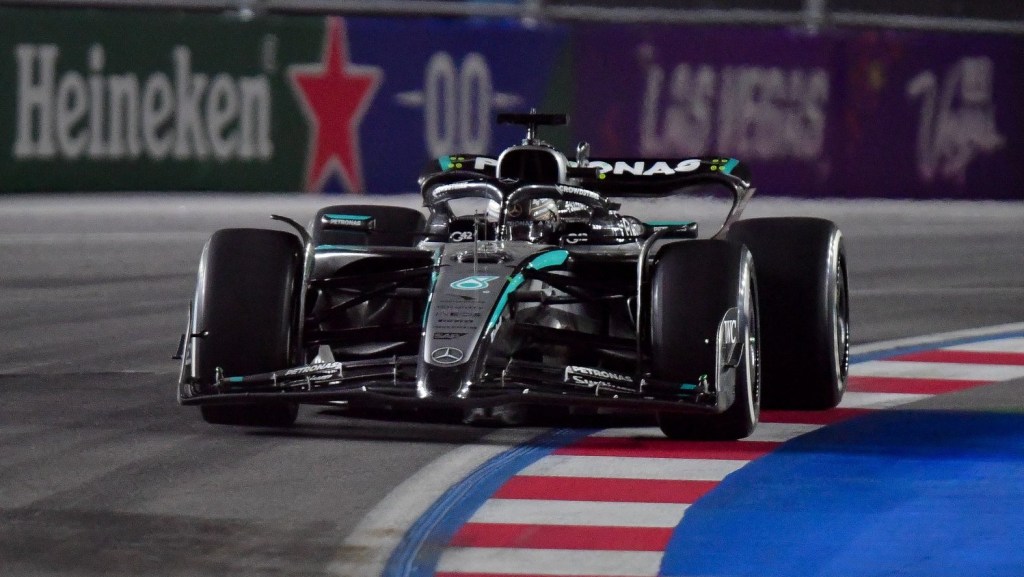
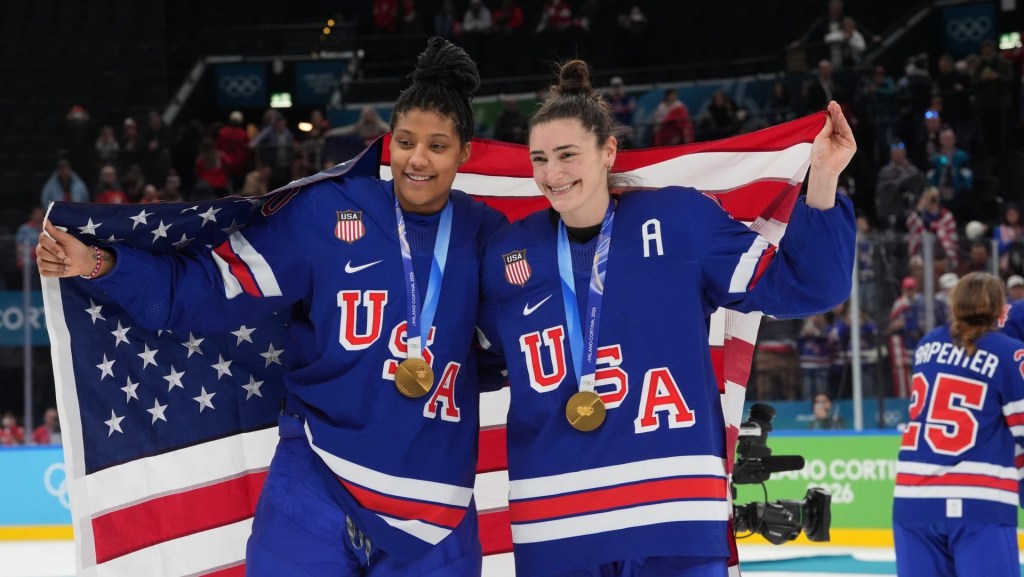
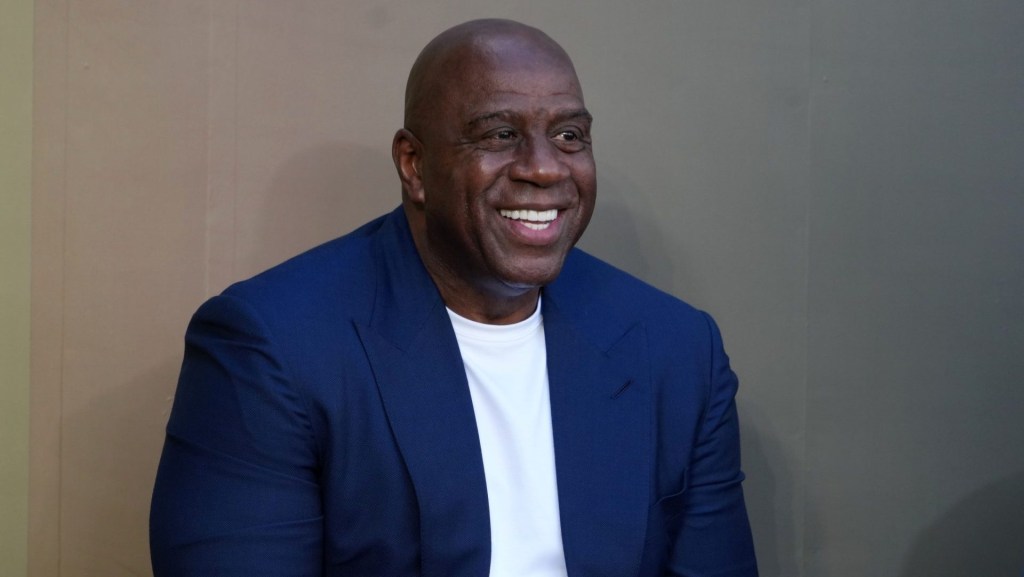
![[Subscription Customers Only] Jul 13, 2025; East Rutherford, New Jersey, USA; Chelsea FC midfielder Cole Palmer (10) celebrates winning the final of the 2025 FIFA Club World Cup at MetLife Stadium](https://frontofficesports.com/wp-content/uploads/2026/02/USATSI_26636703-scaled-e1770932227605.jpg?quality=100&w=1024)











